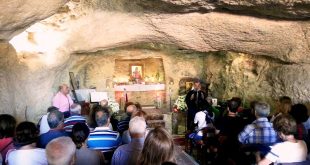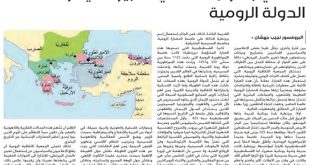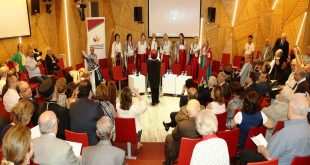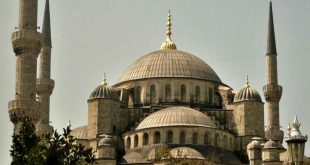Dar Al-Nahar Publishing House organized a symposium on the book “My Sun shall not fade …
Read More »A symposium in Beirut on Dr Negib GEAHCHAN’s book “My Sun shall not fade”
Dar Al-Nahar Publishing House organized a symposium on the book “My Sun shall not fade – A Journey in the Romaïan Legacy” on Thursday 30th of November at the Beirut Arab Book International Fair, which took place from November 23 to December 3, 2023. This symposium was moderated by the …
Read More » Romaian Cultural Society News
Romaian Cultural Society News
























